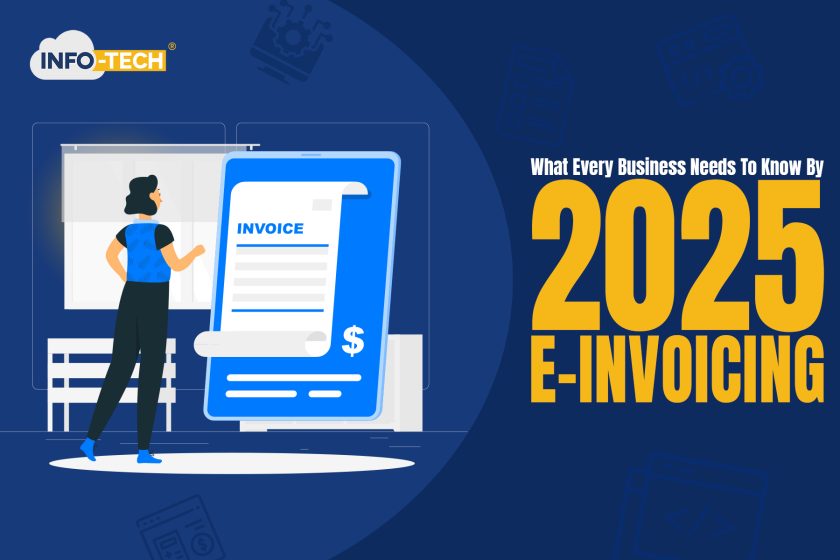During the Malaysian Budget 2024, the government announced a revised implementation timeline for e-invoicing for businesses. The new timeline requires every taxpayer to implement e-invoicing fully in a shorter target timeframe.
The first group of taxpayers with an annual income or sales exceeding RM100 million will need to implement e-invoicing starting August 1, 2024. The government will gradually implement the initiative for taxpayers in other income categories, with a full implementation target of July 1, 2025.
What is E-Invoice?
An e-invoice is an electronic document showing a seller and buyer transaction. Additionally, it provides an alternative to paper or electronic documents, such as invoices, credit notes, and debit notes. E-invoices contain information about the seller and buyer, item name, quantity, price (excluding tax), tax, and total amount. Consequently, they enable businesses to keep track of their transactions more efficiently.
To create an e-invoice, the sender prepares and shares the document within a standardised system. As a result, when the sender and receiver are on the same platform, they can share and transmit the data in a faster, standardised, and uniform structure. This makes it easier for both parties to manage their finances and track their transactions.
Why E-Invoice is Important For Businesses?
The Inland Revenue Board of Malaysia (IRB), also known as LHDN Malaysia, has introduced e-invoicing to encourage businesses to adopt digitalisation and improve their transaction efficiency and accuracy.
The government aims to improve tax administration and compliance by using Tax Identification Number (TIN) and e-invoicing, which can help reduce fraud, shadow economy, and revenue leakage. Furthermore, e-invoicing is an alternative to GST for efficient administration, making it a reliable and effective tool for businesses.
Benefits of Adopting E-Invoicing For Your Business
1. Reduce Manual Efforts And Human Errors
The invoicing process can be unified by electronically creating and submitting transaction documents and data.
2. Facilitate Efficient Tax Filing
Seamless system integration for efficient and accurate tax reporting
3. Streamline Operational Efficiency
Enhanced efficiency and significant time and cost savings
4. Digitalise Tax And Financial Reporting
Aligns financial reporting and processes to be digitalised with industry standards
Ways For Smooth E-Invoicing Transition
To facilitate the transition to e-invoice, taxpayers can choose the most suitable mechanism to submit e-Invoices to IRBM based on their business needs and specific situations.
Accounting software enables you to create invoices and calculate your taxes automatically. Any bills, purchase orders and quotations can be converted into invoices for more accessible documentation on your side and IRBM.
Learn More: Maintain An Organised Record-Keeping with Accounting Software
Info-Tech helps businesses maintain tax law compliance by providing assistance and support. Our mobile app lets you view and create invoices on the go, making accounting work more accessible and efficient. With the ability to check for discrepancies before submission, you can ensure accuracy and avoid penalties.
As tax laws are constantly changing, Info-Tech is here to help you stay up-to-date and navigate any confusion that may arise. Rest assured that with our support, you can maintain compliance with ease.
